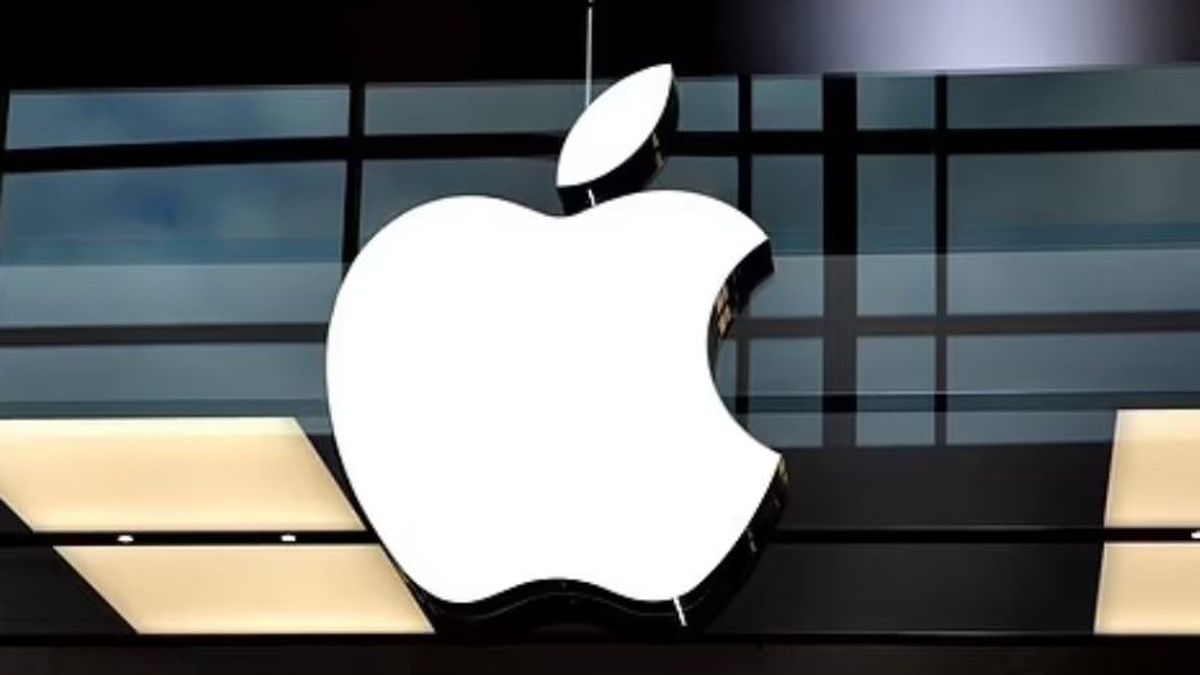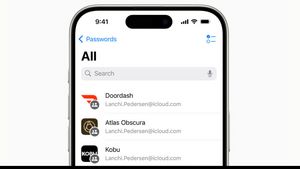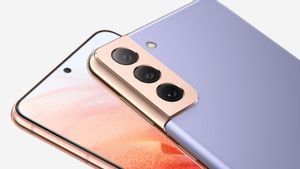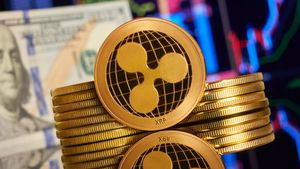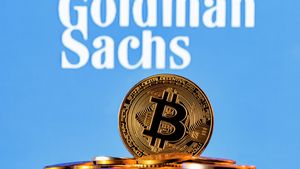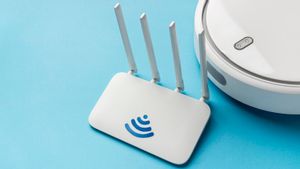JAKARTA - Apple Inc., decided to stop the "buy now, pay later" (BNPL) service launched last year. However, the company retains the product with replacement launches that will be available through third parties such as Affirm later this year.
BNPL services experienced a surge in popularity during the COVID-19 pandemic which forced more buyers to shop online, and this product continues to attract consumer interest. According to Adobe Analytics, BNPL loans encourage online spending of 75 billion US dollars (Rp 1.2 quadrillion) in 2023, an increase of 14.3% from 2022.
In a statement on Monday, June 17, Apple said their new solution "will allow us to bring flexible payments to more users, in more places around the world in collaboration with banks and lenders supporting Apple Pay." Apple did not provide further comment on the reasons for discontinuing its independent BNPL offerings.
Currently, BNPL service users, Apple Pay Later, can still manage and pay open loans through the Wallet application, the company said.
Apple announced last week that Apple Pay users will be able to access new installment loan offers this fall, including the ability to apply for BNPL loans directly via Affirm when they check out with Apple Pay. Customers will also be able to access installments from credit and debit cards, the technology company added.
Analysts see Apple's original BNPL products as competitors for BNPL providers like Affirm. This product offers customers the ability to buy products and pay in four interest-free installments for goods of up to US$1,000 (Rp. 16.4 million). Affirm offers users the option to pay products in two or four installments, as well as monthly installments for goods at a higher price.
SEE ALSO:
"In my opinion, this is very similar to what we see happening with a debit card," said Sean Gelles, director of payment intelligence at JD Power. "Regardless of which debit cards consumers use to fund their purchases, as long as they use Apple Pay, Apple controls the experience."
Gelles added that if Apple's new BNPL product portfolio was delivered via Apple Pay, there would be a "minimum risk for Apple as they will maintain ties with customers."
Although Apple could choose to partner with additional BNPL providers in the future -- such as Klarna, a competitor to Affirm -- a source familiar with the matter highlights Affirm's technology and guarantee expertise, as well as the company's choice not to charge users late fees. Klarna declined to comment.
Affirm's last stock fell 0.7% on the day, a move that an analyst said was caused by retail sales data that was weaker than expected in May.
The English, Chinese, Japanese, Arabic, and French versions are automatically generated by the AI. So there may still be inaccuracies in translating, please always see Indonesian as our main language. (system supported by DigitalSiber.id)
